Klusa-Duo - Komponistinnen im Exil (2024) [Hi-Res]
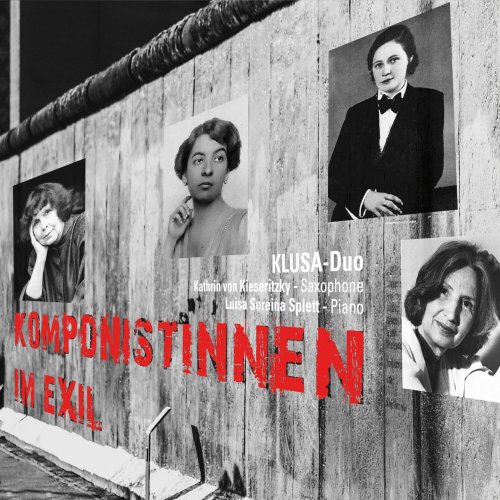
Artist: Klusa-Duo
Title: Komponistinnen im Exil
Year Of Release: 2024
Label: primTON
Genre: Classical
Quality: flac lossless (tracks) / flac 24bits - 96.0kHz
Total Time: 01:05:57
Total Size: 281 mb / 1.07 gb
WebSite: Album Preview
TracklistTitle: Komponistinnen im Exil
Year Of Release: 2024
Label: primTON
Genre: Classical
Quality: flac lossless (tracks) / flac 24bits - 96.0kHz
Total Time: 01:05:57
Total Size: 281 mb / 1.07 gb
WebSite: Album Preview
01. Elegie für Violine und Klavier (Arr. für Sopransaxophon und Klavier von Kathrin von Kieseritzky)
02. Ritornell für Violoncello und Klavier, Op. 25 (Arr. für Baritonsaxophon und Klavier von Kathrin von Kieseritzky)
03. Sonate für Violoncello und Klavier e-Moll, Op. 35 (Arr. für Baritonsaxophon und Klavier von Kathrin von Kieseritzky): I. Allegro moderato
04. Sonate für Violoncello und Klavier Op. 35 (Arr. für Baritonsaxophon und Klavier von Kathrin von Kieseritzky): II. Scherzo (Allegro)
05. Sonate für Violoncello und Klavier Op. 35 (Arr. für Baritonsaxophon und Klavier von Kathrin von Kieseritzky): III. Adagio sostenuto
06. Sonate für Violoncello und Klavier Op. 35 (Arr. für Baritonsaxophon und Klavier von Kathrin von Kieseritzky): IV: Allegro comodo
07. Sonata Concertante für Viola oder Klarinette und Klavier (Arr. für Sopransaxophon und Klavier von Kathrin von Kieseritzky): I. Tempo rubato
08. Sonata Concertante für Viola oder Klarinette und Klavier (Arr. für Sopransaxophon und Klavier von Kathrin von Kieseritzky): II. Slow, calm an with reat expression
09. Sonata Concertante für Viola oder Klarinette und Klavier (Arr. für Sopransaxophon und Klavier von Kathrin von Kieseritzky): III. Allegro moderato
10. The Bells of Sarajevo für Klarinette und präpariertes Klavier (Arr. für Altsaxophon und Klavier von Kathrin von Kieseritzky)
11. Lied ohne Worte für Trompete und Klavier (Arr. für Altsaxophon und Klavier von Kathrin von Kieseritzky)
![Klusa-Duo - Komponistinnen im Exil (2024) [Hi-Res]](https://www.dibpic.com/uploads/posts/2024-02/1706790206_2.jpg)
Displacement, escape, disaster and death or a source of new inspiration and strength - these are the two poles between which the state of exile is ascribed. Even in ancient times, exile was used as a method of punishment. Leaving one's homeland, arriving in the unknown and finding a new place - a fate that also befell Ovid, for example, when he had to leave Rome and move to the city of Tomis on the Black Sea. For artists in particular, exile brings difficulties in several respects: it is not only their home in life that they lose, they also have to leave behind their creative home, the cultural space in which they were shaped and grew up, the spoken language, the musical, the artistic and the aesthetic. And not least the audience that has understood and accepted them.
But leaving and arriving anew also harbors a great opportunity: desire, homesickness, loneliness and conflicts can spur the creative process and weave the material for artistic works. The initially foreign culture can stimulate, inspire new ideas, expand experience and knowledge and enrich the work. At the same time, in the best-case scenario, the participants' own artistic approaches and currents will find their way into the culture of the host country.
This CD focuses on the fate of women composers. So far, they have played a rather subordinate role in the numerous existing treatises and books on artists in exile. This is not least because women composers, who in the past were often prejudiced because of their artistic activities, were often forced to give up composing in exile in favor of their families and their economic survival.
What effect does wandering between different musical worlds have on the search for one's own artistic and musical identity? What inspirations find their way into the compositional process, to what extent do their own and other musical styles merge, and when are the limits of blending reached?
But it is not only female composers who were forced into external exile who can be heard on this CD. It also sheds light on composing from a kind of "inner exile", a loneliness for reasons of origin, political or religious world view, a loneliness within structures of power that do not allow free artistic expression, or a feeling of foreignness, of living "like Diogenes in a barrel", surrounded by people who actually speak the same (artistic?) language - when composing becomes the elixir of life, just as if continuing to live, to exist, depended on it.
Since 2020, Kathrin von Kieseritzky and Luisa Sereina Splett have been searching for exciting and unusual concert programs in the KLUSA duo. In doing so, they want to discover new, previously unheard pieces with saxophone and piano and reinterpret the tried and tested in a fresh and unconventional way.
Kathrin von Kieseritzky lives as a freelance musician in Berlin and plays in various chamber music formations. Concert tours have taken her to Mexico, Panama, Costa Rica and Trinidad & Tobago. She is a founding member of the ADUMÁ saxophone quartet, with which she has won several prizes. One focus of her work is the performance of contemporary music and free improvisation, which is also reflected in numerous music (theater) projects with and for children, including as musical director of the children's club of the Deutsche Oper Berlin.
The path of Winterthur pianist Luisa Sereina Splett led from Zurich via Santiago de Chile and St. Petersburg to Berlin. She speaks six languages and combines national piano schools to create her own personal style. She has performed as a soloist, chamber musician and guest lecturer in Switzerland, Europe, Russia, North and South America.
Her artistic work focuses on discovering the unplayed and combining the old with the new. Luisa teaches and works as a freelancer at the Junge Staatsoper Berlin.

![Daniel Casares - 1971 (2025) [Hi-Res] Daniel Casares - 1971 (2025) [Hi-Res]](https://www.dibpic.com/uploads/posts/2025-10/1760068441_bapla1cskekvb_600.jpg)
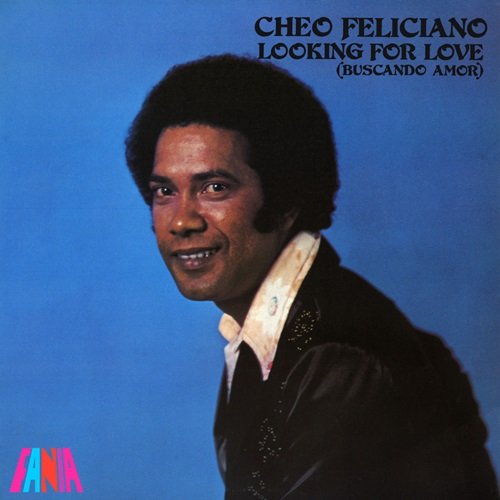
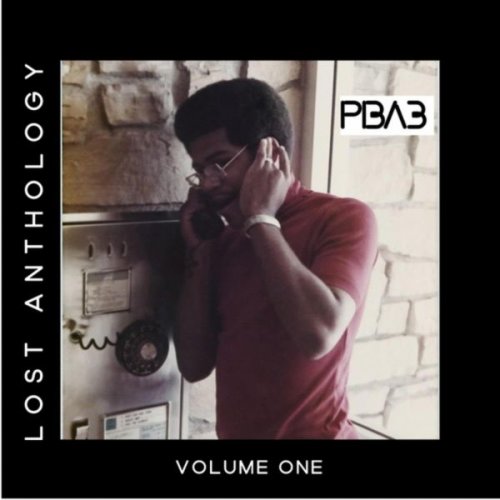
![Andy James - Happy People (Deluxe) (2025) [Hi-Res] Andy James - Happy People (Deluxe) (2025) [Hi-Res]](https://www.dibpic.com/uploads/posts/2025-10/1760082162_vq9qn9dpwr7ia_600.jpg)
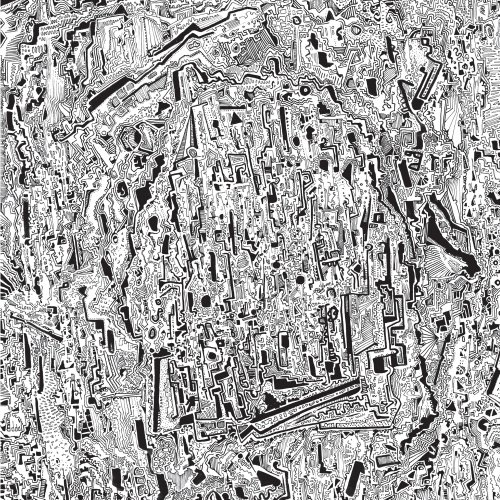
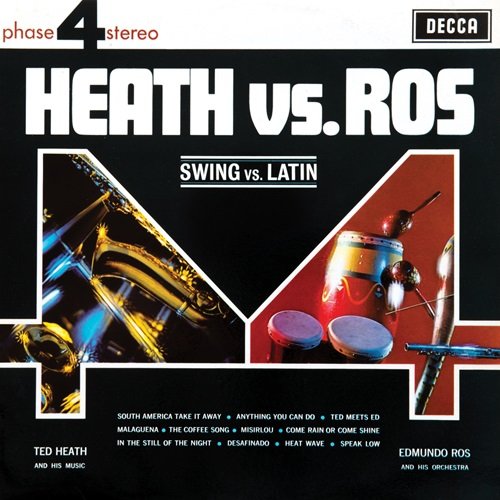
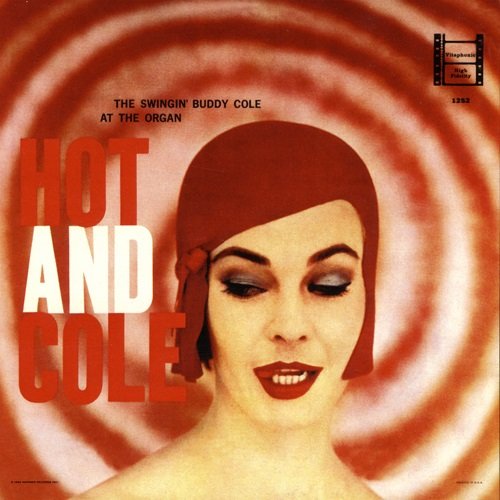
![Nicole Zuraitis, Dan Pugach & Tom Scott - Live at Vic's Las Vegas (Deluxe Edition) (2025) [Hi-Res] Nicole Zuraitis, Dan Pugach & Tom Scott - Live at Vic's Las Vegas (Deluxe Edition) (2025) [Hi-Res]](https://www.dibpic.com/uploads/posts/2025-10/1760063179_sdadpyfp3kepb_600.jpg)